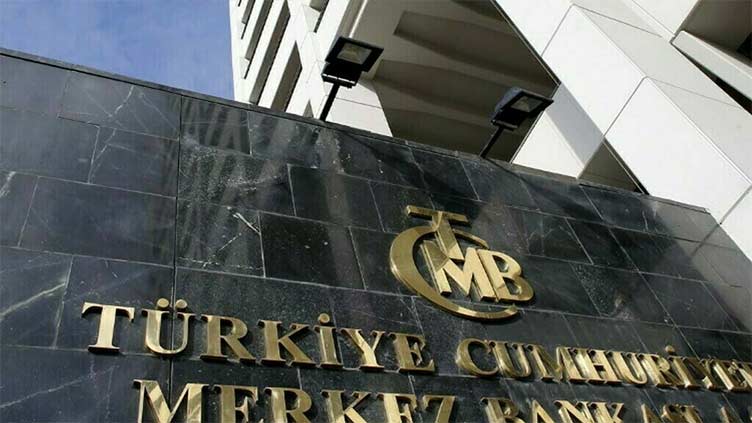Turkiye central bank takes fresh measures to support de-dollarisation

Business
Lira has been weakening slightly against the dollar recently, having been stable in recent months
ISTANBUL (Reuters) - The Turkish central bank took fresh steps on Friday in line with its goals to boost de-dollarisation and keep down lira government bond yields.
According to an announcement in the country’s Official Gazette, the bank raised the ratio of securities that banks must maintain if their lira deposits amount to between 50% and 60% of their total deposits to seven percentage points from two points.
The central bank had been indicating recently that it may further strengthen its macroprudential policy set, given the persistent demand for hard currency and some pick-up in both bond and loan yields, Tera Yatirim said in a note.
The lira has been weakening slightly against the dollar recently, having been stable in recent months.
It was steady at 19.2580 on Friday morning, having weakened from 18.7195 at the end of last year.
The lira lost some 30% of its value against the dollar last year and 44% in 2021.
The central bank also said an additional 5% reserve requirement will be applied on forex deposits for banks with a lira share of less than 60% in total deposits.
Turkish central bank cuts policy rate after earthquake
The bank re-introduced forex-to-lira deposit conversion targets, requiring banks to maintain various amounts of securities based on multiple conversion targets on various dates.
It also increased the discount rate of CPI-linked securities in the collateral pool to 80% from 70% in a move promoting fixed coupon bonds.
The security maintenance requirement for loans extended at a rate 1.8x above the reference rate was increased to 150% from 90%.
“We find these regulations to be clearly negative for the banking system but we should also note that we expect all these regulations to be abolished in the aftermath of the elections, regardless of the election results,” Tera said.
Turkiye will hold presidential and parliamentary elections on May 14 which present the biggest political challenge President Tayyip Erdogan has faced during his two decades in power.
Tera said it expected the changes to push up lira deposits rates and push down lira commercial loan rates and lira government bond yields.

